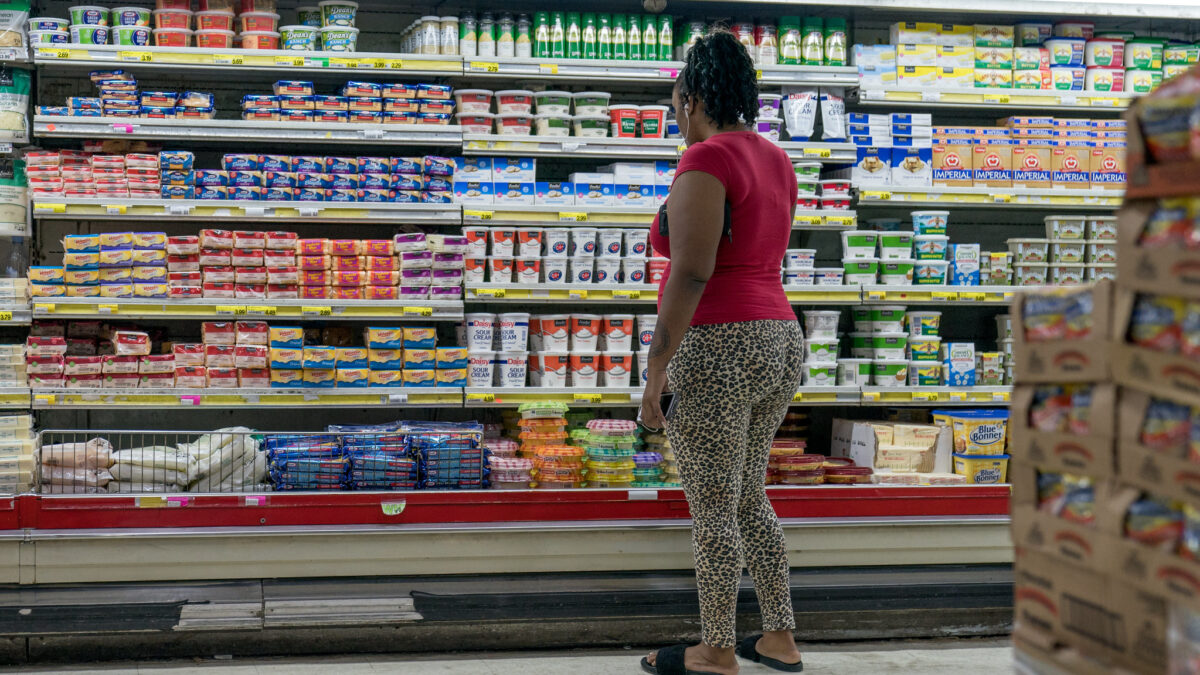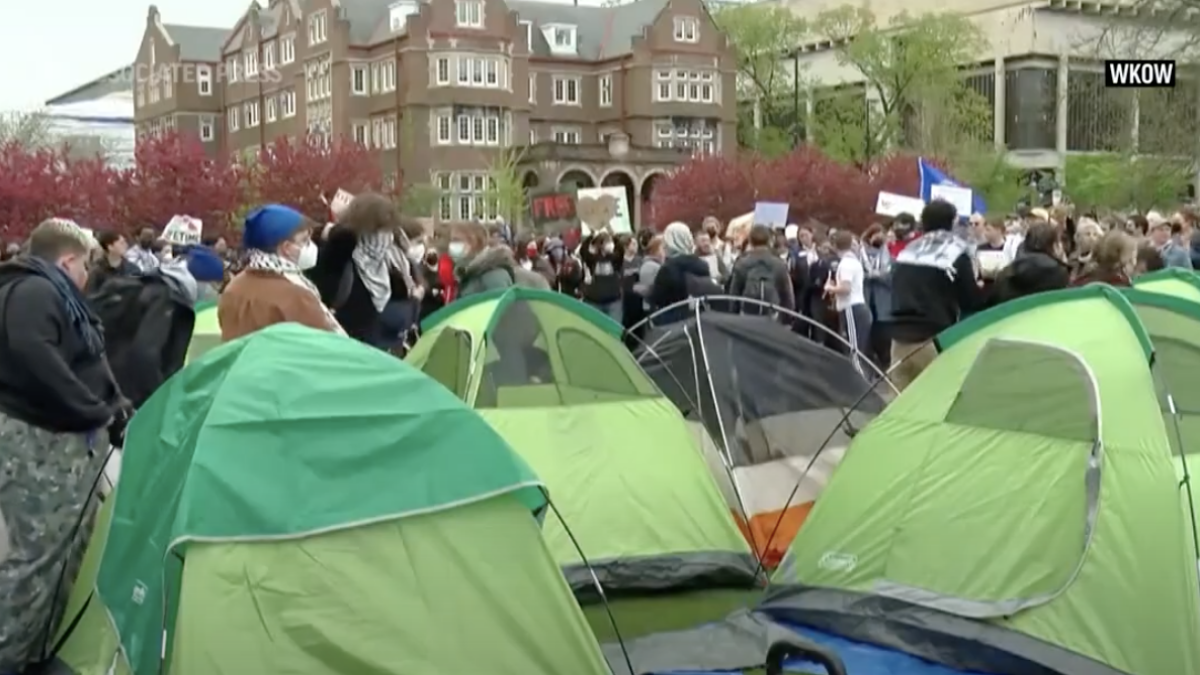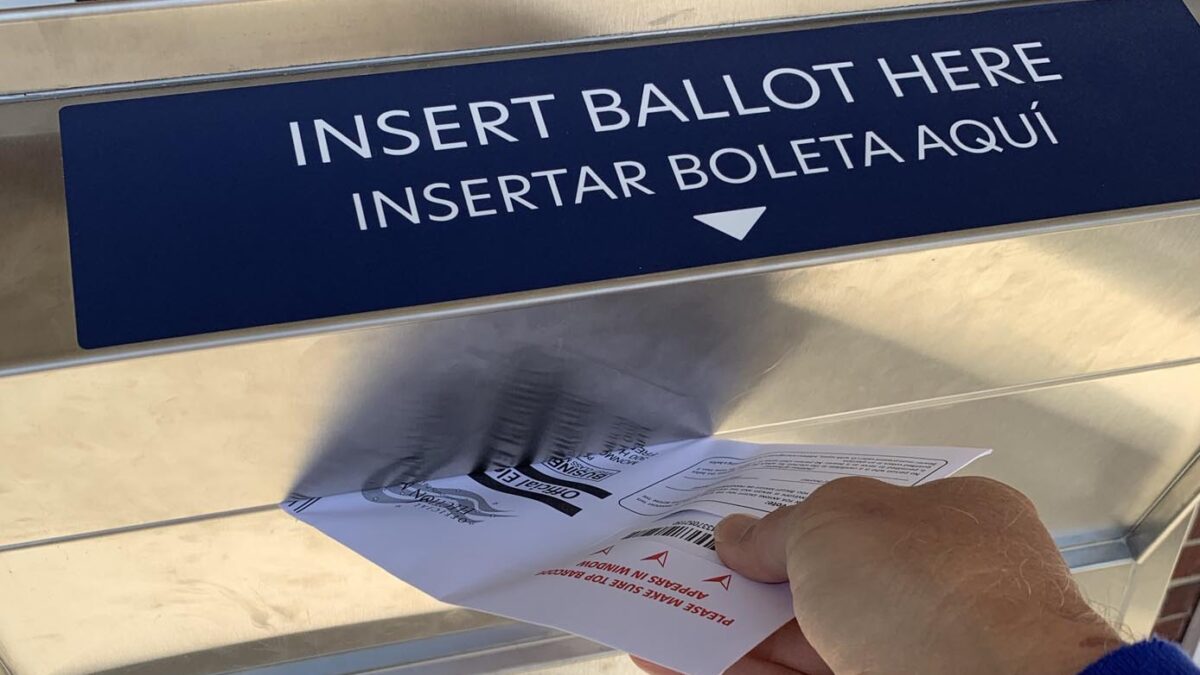Last week, the Labor Department issued its jobs report for March 2024. Democrats will tell you the report is rosy and bright, that the economy is heading in the right direction, and that your negative instincts and impressions about the economy are wrong. In reality, the report is abysmal. Below are the facts about employment that Democrats won’t mention: Fewer Americans have full-time jobs, and more of those with full-time jobs are also working part-time jobs to make ends meet.
Democrats claim that the economy added 303,000 jobs in March — but it added no full-time jobs at all in March. The economy actually shed 6,000 full-time jobs that month. In fact, full-time employment in the United States has dropped in each of the past four months. Since November, there are 1,787,000 fewer Americans with full-time employment.
So how do Democrats claim the economy added 303,000 jobs in March? What Democrats do not tell you is that the vast majority of these jobs — 75 percent — are second jobs. Under the Biden economy, the number of people who have had to simultaneously work both a full-time job and a second part-time job just to make ends meet has hovered at historical highs. In March, the number of people who added a second part-time job on top of their other full-time employment totaled 225,000. The Democrats’ “good news” is just you having to work longer and harder to survive.
Many Added Jobs Are Government Jobs
A shrinking full-time workforce and an increasing “moonlighting” workforce are, of course, signs of a troubled economy. But there’s more. Nearly 25 percent (71,000) of the so-called “added” jobs are government jobs. Since government employees make up about 15 percent of all workers, the March figures disproportionately “add” government jobs to “the economy.”
The problem is that government jobs are a cost to the economy. They are societal overhead costs. That is true whether you believe heavy regulation is good or bad for society. In other words, wealth must be taken out of the economy to support government. And since last November, when the economy began to consistently shed full-time jobs, government employment has moved in the opposite direction, adding 270,000 jobs during that period.
These government employment figures are bad trends. They mirror two other unhealthy economic trends.
More Debt
The first is government debt. The national debt exceeds $34 trillion. The Congressional Budget Office (CBO) forecasts that federal interest payments on the debt will reach $870 billion in 2024. That would make paying interest the third-largest federal spending program, behind only Social Security and Medicare (and moving it ahead of national defense for the first time). According to CBO, these interest payments alone will consume more than one-third of all federal personal income tax revenue in 2024. In other words, $1 in $3 of your income tax will pay for precisely nothing this year. The last thing we need is bigger government with more federal jobs.
Our mismanaged states face their own fiscal nightmares. California is on track to run a $73 billion deficit this year. New York also anticipates large, sustained future budget deficits even after applying optimistic (and unrealistic) revenue projections. The last thing these states need is bigger government with more state jobs.
The U.S. has faced another insidious problem for decades that gets little attention. There are more than 3,000 counties or county equivalents in the United States. Yet, half of the 10 wealthiest counties in the U.S., measured in terms of median household income, are suburbs of Washington, D.C. According to U.S. Census data, 50 years ago only five suburban D.C. counties made the list of the top 50 richest U.S. counties or equivalents. By 2020, this figure had more than tripled to 17.
Perhaps Americans tolerate this situation because federal civil servants tell them times are good when they are not. Times are always good around Washington, D.C., even when they are bad everywhere else.









